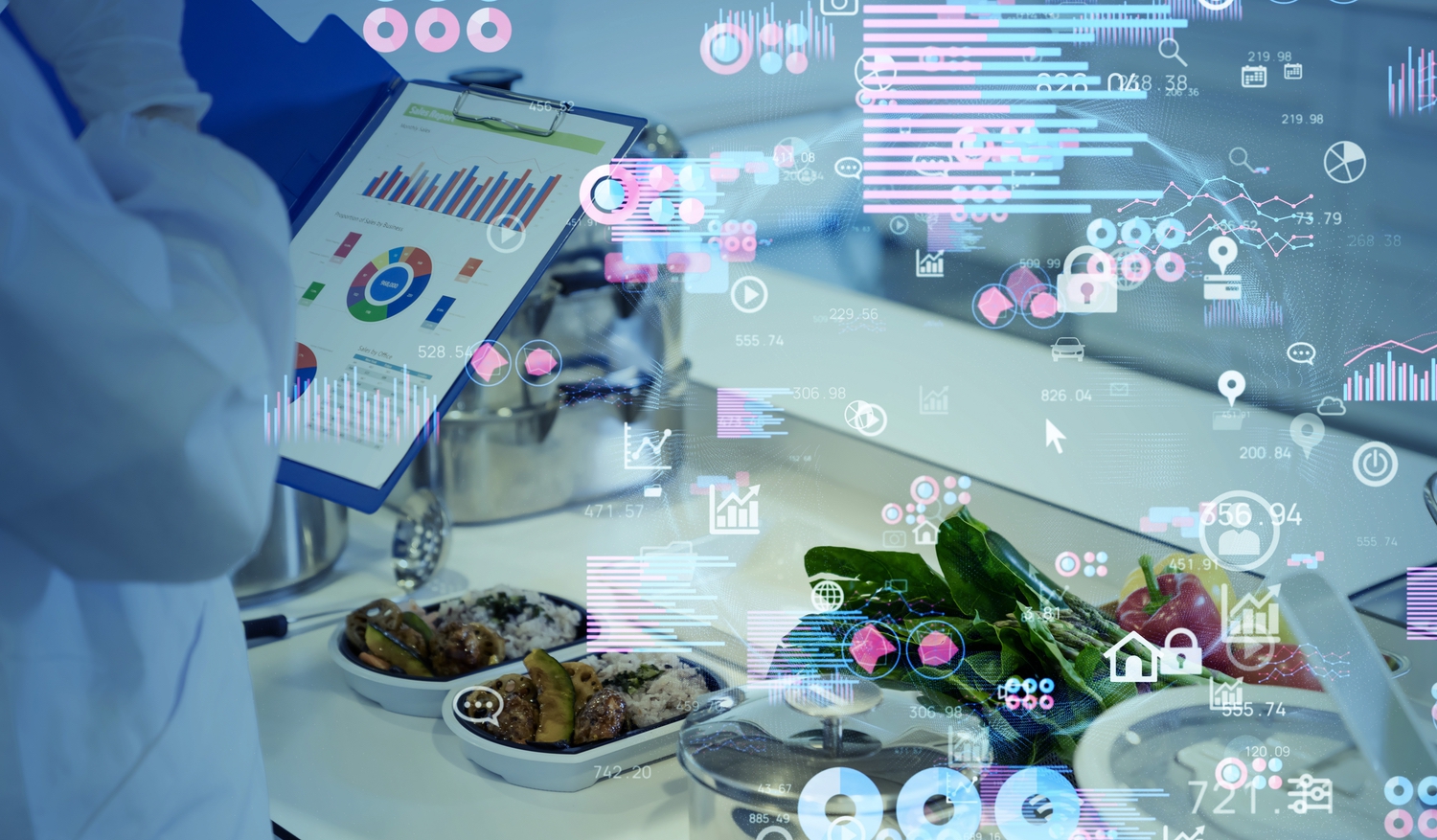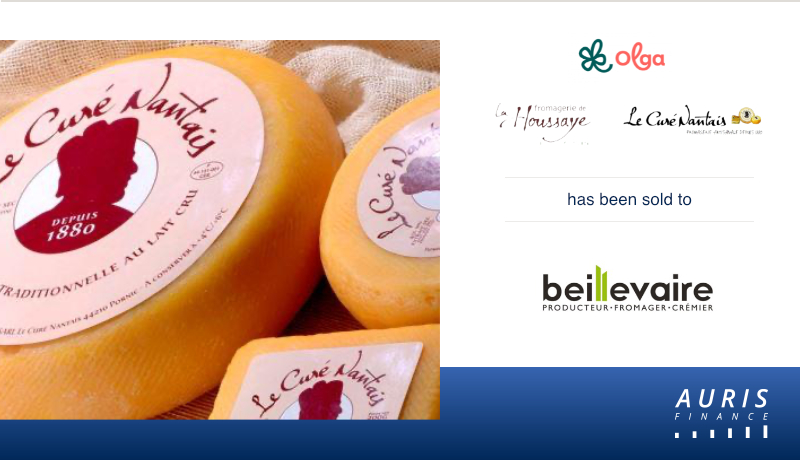

The agri-food industry is currently facing many challenges. Faced with inflation, consumer expectations are changing. They are turning to new technological solutions to support their purchasing decisions as they become more aware of environmental and social issues. This is a new way of doing things, and it has implications for data control in the sector. Experts from AURIS Finance, a consultancy firm specialising in mergers and acquisitions, explain.
Published every two years on the initiative of the Ministry of Agriculture and Food Sovereignty, the “Overview of the agri-food industry” takes stock of the sector. The latest report, published in Autumn 2022, highlights growing consumer expectations regarding product guarantees and traceability.
Consumer-driven rating and reviewing tools
The rapid development of mobile applications is driving increased attention to product origin and composition. Whether on the shop shelf or at home, tools for rating and reviewing food industry products are now in everyone’s hands. A scan is all it takes to get product details on a smartphone. Applications such as BuyorNot, Ethic Advisor, Etiquettable, Is My Food Good, My Food Story, myLabel, Open Food Facts, Scan Eat, ScanUp and Yuka are all part of the everyday lives of consumers who consult them before a purchase decision.
Having comparable, replicable, reproducible and aggregable data
However, the reviewing criteria vary from one application to another, and this quest for transparency is not without consequences for industry players in the sector: “Faced with this growing demand for traceability and guarantees, companies’ control of data is the key to maintaining their position in certain markets or even gaining a competitive advantage through the innovative use they can make of it,” the report explains: “In order to discuss the relevance of the criteria to individual industry players and consumers, the availability of comparable, replicable, reproducible and aggregated data across the industry is becoming an essential issue”. Certain regulatory initiatives make it possible to work with comparable data, such as the Nutriscore, which was introduced in France in 2017, or the Eco-Score, which will be mandatory for textile and food products in France from 1 January 2024.
Towards better data sharing
This first step towards more uniform data is accompanied by the adaptation of the European Data Governance Act regulation to French practice. This regulation creates a new type of provider (data intermediation services) to speed up the exchange of data between companies and public organisations. For the agri-food industry, this regulation speeds up the possibilities for upstream and downstream exchanges within the sector. In France, Agdatahub, created in 2020, is currently the reference platform for the circulation of agricultural data. These technological solutions enable those involved in the sector to use agricultural data to innovate and inform consumers. To support its development, the company has just raised €4.8 million from key players in the agri-food sector (Avril and InVivo), technology players (Capgemini and IN Group) and the Banque des Territoires.
Let our experts assist you
Data control, analysis and management are highly strategic issues for the agri-food industry today. The data policies implemented both internally and externally are particularly scrutinised by acquirers in M&A transactions. The AURIS Finance teams are specialised by sector and are at your side for all your transactions.


